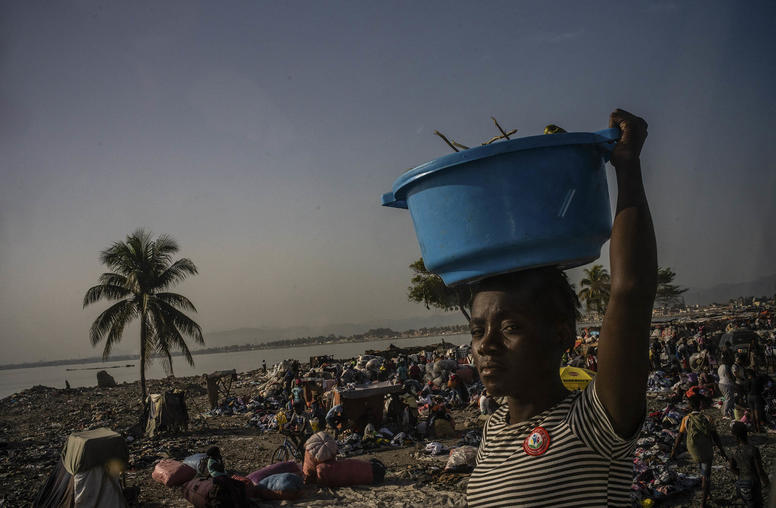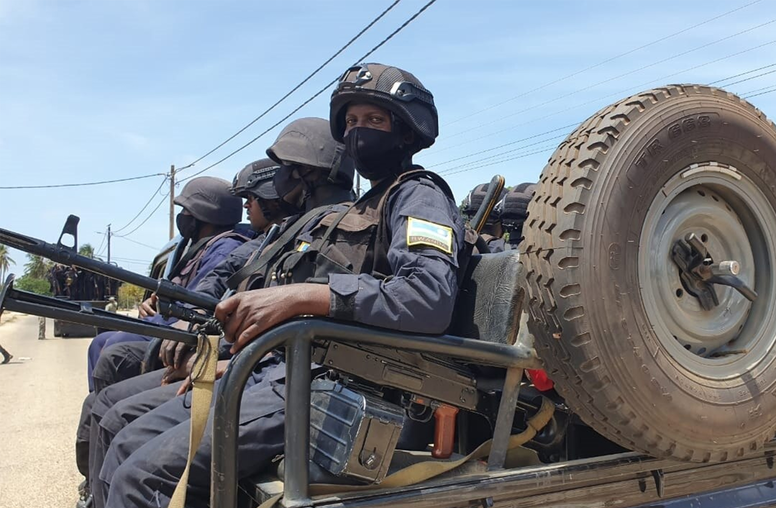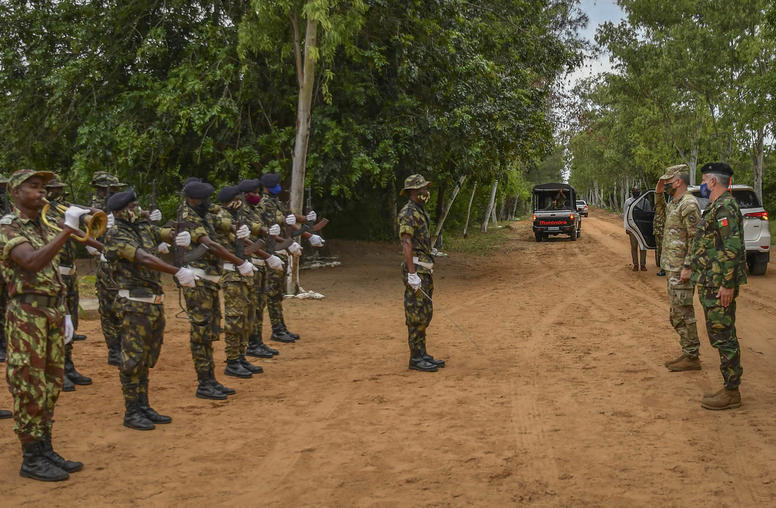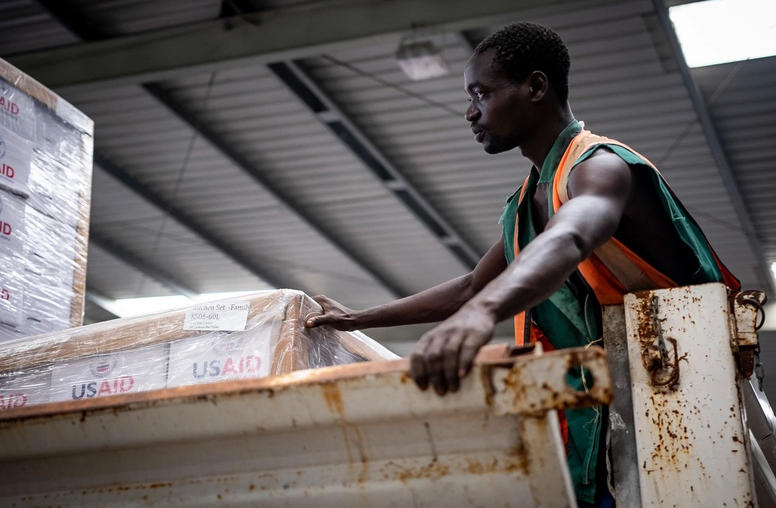Youth at War, Youth Building Peace, Youth on the Margins
This event celebrated the publication of Youth in Post-Conflict Reconstruction: Agents of Change by Stephanie Schwartz published by the U.S. Institute of Peace. Using three cases of post-conflict reconstruction—Mozambique, the Democratic Republic of the Congo, and Kosovo—this study goes beyond the well documented cases focused exclusively on child soldiers to examine the roles of the broader youth population and their impact on the reconstruction process. The panelists drew on their own experiences working with youth in conflict zones to distill best practices in addressing youth needs in areas of conflict and pinpointed what issues must be resolved as we look to the future.
The burgeoning youth demographic represents over half of the population in many of today’s conflict zones. As the next generation of leaders, young people are key players in creating sustainable peace in areas torn apart by war. As the international community grapples with how to address youth issues in conflict zones it is critical that policy makers and practitioners have a holistic understanding of the roles young people play and how the youth demographic can impact conflict dynamics.
This event celebrated the publication of Youth in Post-Conflict Reconstruction: Agents of Change by Stephanie Schwartz, published by the U.S. Institute of Peace. Using three cases of post-conflict reconstruction—Mozambique, the Democratic Republic of the Congo, and Kosovo—this study goes beyond the well documented cases focused exclusively on child soldiers to examine the roles of the broader youth population and their impact on the reconstruction process.
The panelists drew on their own experiences working with youth in conflict zones to distill best practices in addressing youth needs in areas of conflict and to pinpoint what issues must be resolved as we look to the future.
Speakers
- Stephanie Schwartz
U.S. Institute of Peace - Joanna de Berry
World Bank - Siobhan McEvoy-Levy
Butler University - Wissam Samhat
Youth Fellow, United Nations Population Fund (UNFPA) - Marc Sommers
U.S. Institute of Peace - Kathleen Kuehnast, moderator
U.S. Institute of Peace - David Smock, Introductory Remarks
U.S. Institute of Peace
Explore Further
- Watch a trailer for the book
- Read about Youth in Post-Conflict Reconstruction: Agents of Change



